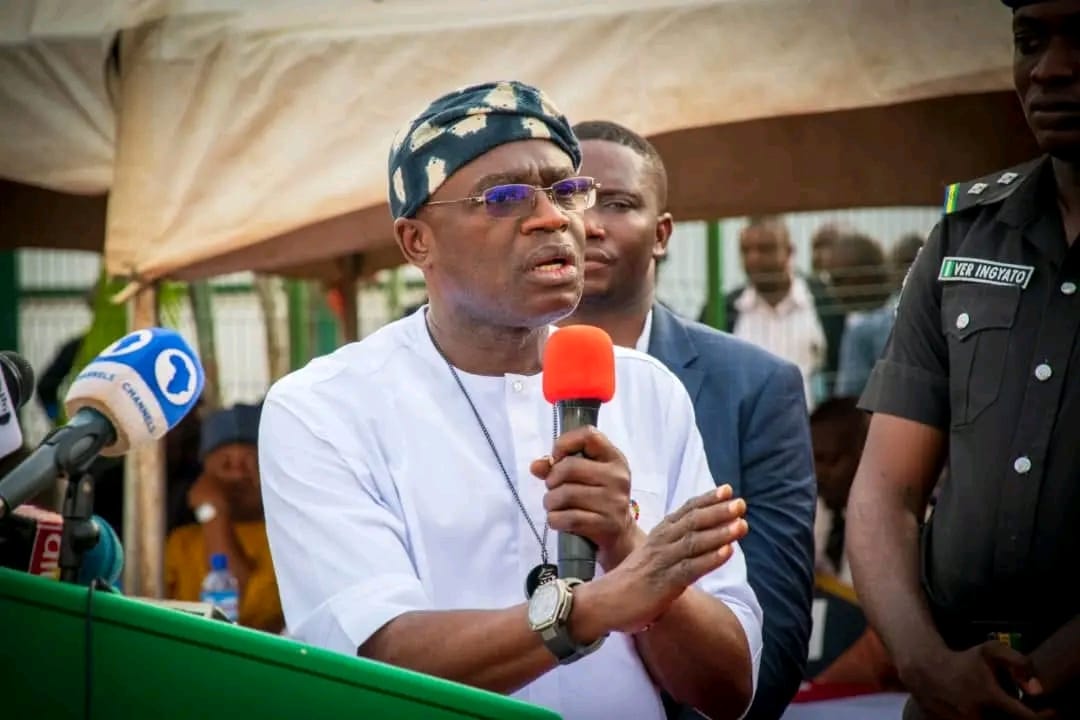Benue news
Benue: Killers are foreigners, not Nigerians – Gov Alia

Benue State Governor Hyacinth Alia has alleged that the perpetrators behind the recent wave of killings in the state are foreigners, not Nigerians.
Speaking on Politics Today, a Channels Television programme aired on Tuesday, Governor Alia claimed the attackers speak unfamiliar dialects and display behaviors that suggest they are not native to Nigeria.
His remarks follow a spate of violent attacks across the North-Central region, particularly in Benue and Plateau states, that have left more than 50 people dead and displaced several communities in the past two weeks.
When asked about the identity of the assailants, Alia stressed the importance of correctly framing the narrative and recognizing the distinct nature of the threat.
“We know Nigerians by our ethnicities. We can identify a Fulani man, a Yoruba man, a Hausa man we know them,” he said. “Even the regular traditional herders, we know them. They move with cows and carry sticks.”
“But these attackers come fully armed with AK-47s and even AK-49s. They don’t look like Nigerians. They don’t speak our languages. Even the Hausa they speak is different—it’s not the Hausa we’re familiar with in Nigeria.”
According to the governor, some locals who understand the dialects spoken by the attackers have identified them as foreigners, particularly from Mali. “They are not Nigerians, believe it,” Alia insisted.
He went on to describe the current wave of violence as a more dangerous evolution of previous clashes involving herders, noting that past incidents with traditional herders were less destructive and more manageable.
“This is a new and alarming phase. What we’re witnessing now is unlike anything we’ve dealt with before,” he said. “These are terrorists. We are under siege.”
“They strike, kill, and disappear. The precision of these attacks shows clear coordination. Where are they retreating to?”
Alia pointed out that some of Benue’s local government areas share porous borders with Cameroon, making them vulnerable to infiltration. He also mentioned that the attackers have safe havens in neighboring states like Taraba and Nasarawa, as well as across the border in Cameroon.























